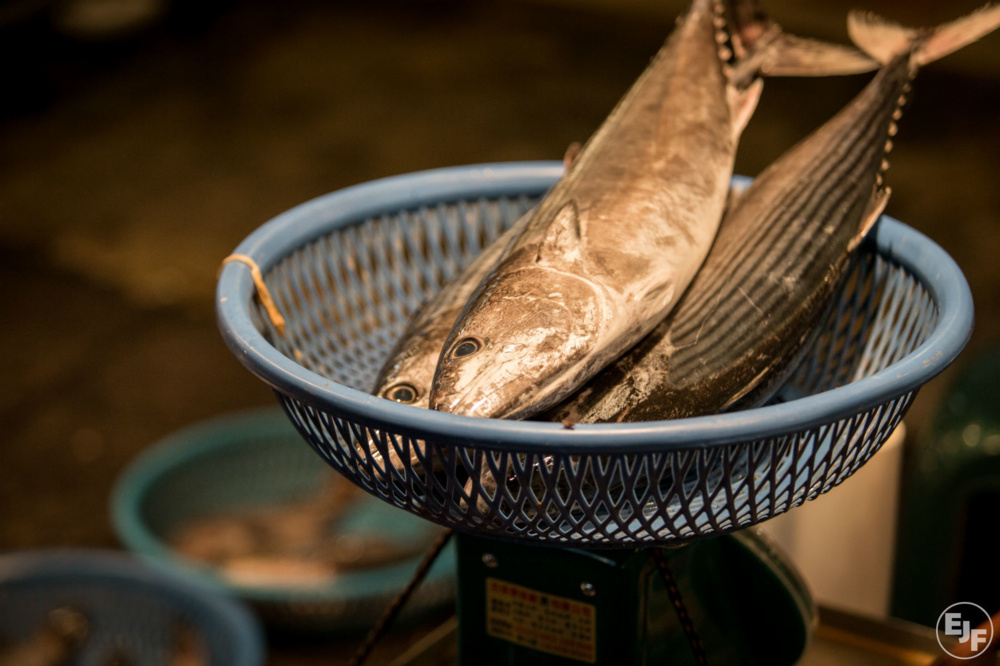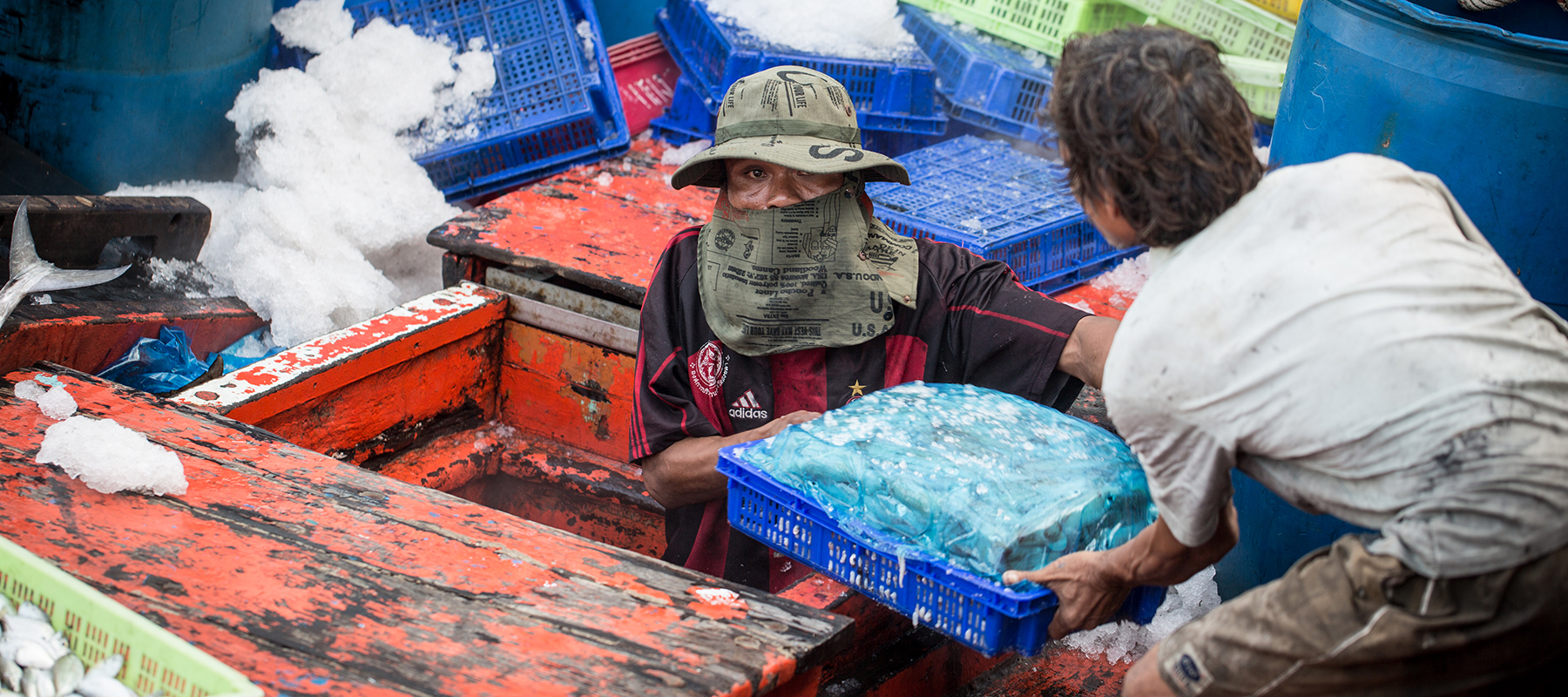
Consumer confidence in MSC sustainability scheme at risk
Consumer confidence in the world’s largest sustainability certification scheme is at risk. The Marine Stewardship Council (MSC) has been warned that continuing to certify fisheries that contribute to overfishing and environmental damage undermines people’s efforts to shop sustainably and with it the very reason for the MSC's existence.
EJF has joined 65 other organisations in urging the MSC to increase its efforts towards sustainable and ecological fisheries.
The MSC recently celebrated its 20th anniversary and is seen by many as the most important certification scheme for sustainable seafood globally. The MSC mark is understood to mean that the fish being purchased comes from sustainable, and environmentally friendly fisheries, with the label denoting a supposed guarantee of sustainability through the entire retail chain – from catch to customer.
The coalition of organisations criticises the MSC for compromising the standards required to achieve the MSC certification. The certification allows suppliers to apply the potentially lucrative label to its products.
Choosing sustainable seafood is a priority for many shoppers. Research shows that nearly three quarters of people believe that seafood should come from sustainable sources. This makes it crucial that the certificate of sustainability can be trusted.
The letter highlights that despite being awarded the MSC label, some fisheries still contribute to overfishing, use fishing gear known to have negative impacts on marine ecosystems or have high levels of so-called by-catch. By-catch means unwanted species of other fish and marine wildlife that may be simply wasted. This can include vulnerable species such as whales, sharks and turtles.
In Canada and Maine, crab and lobster trap and pot fisheries continue to be granted the MSC certificate, despite their practices being projected to cause the extinction of the already critically endangered North Atlantic right whale. Entanglement with fishing nets has affected females disproportionately, and research has shown that in 20 years there will likely be no more breeding females. Yet all crab and lobster trap and pot fisheries that contribute to entanglements continue to be certified by the MSC.
Importantly, the letter also calls on the MSC to include ethical concerns such as social and labour issues in the global fishing industry into its certification process. Including labour issues into the MSC standards would go a long way to raising awareness and allowing people to make informed decisions to protect both people and planet.
If the MSC is to maintain its credibility, its market-share, even its very reason for existence, it must ensure that the systems it uses, the results it brings and the fisheries it certifies are truly sustainable and take good care of the environment.
For EJF and a growing number of other organisations there is also a pressing need for the MSC to take on the labour and vicious human rights abuses that have been uncovered in fisheries.
Our goal is to see sustainable, legal and ethical fisheries and the MSC supporting this, working toward the same goals, and not against them.
SIGN UP FOR OUR EMAILS AND STAY UP TO DATE WITH EJF

